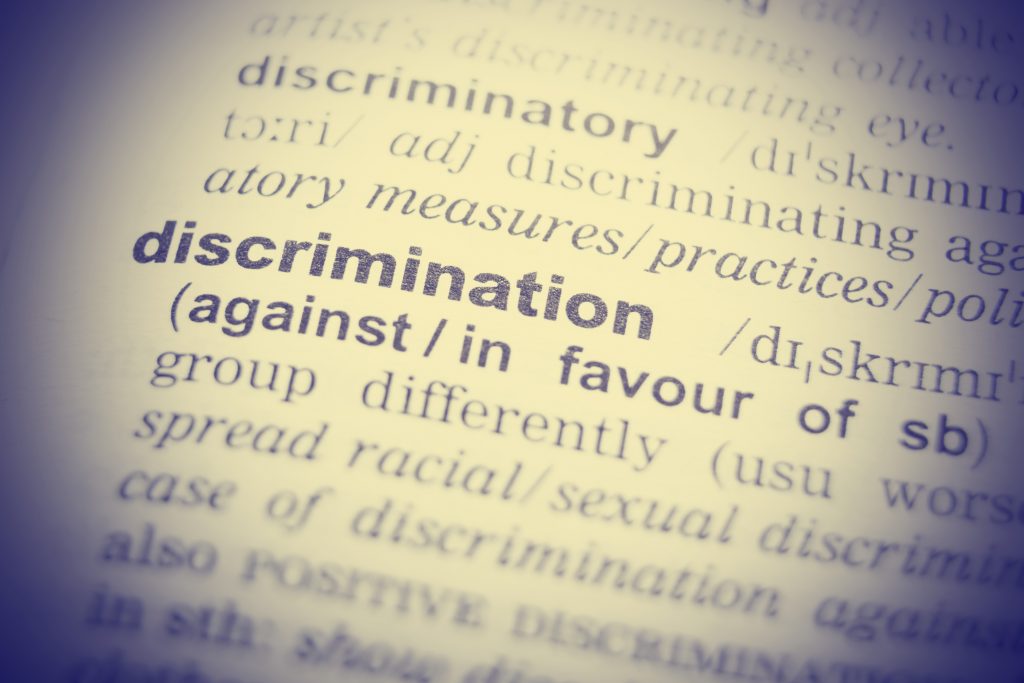Following decades of piecemeal development, governments are increasingly seeking to address the common problem of fragmented, uneven and incoherent equality legislation.

Great Britain’s Single Equality Act
The word equality has the power to stimulate much debate. The term is entwined with ideas such as fairness, freedom, justice and disadvantage yet there is significant variation across nations in how it is defined and how it is supposed that inequality can be addressed.
Great Britain’s single Equality Act of 2010 was greeted by many with delight and by others with disappointment and even hostility. Some believed it would herald an aggressive era of political correctness while others suggested it did not go far enough.
The Equality Act harmonised, simplified and updated the diverse range of equality laws introduced in Great Britain since the 1970s. Devised by the Labour government, and attracting intense scrutiny and debate along the way, the Act was finally passed at Westminster with cross party support for almost all of its provisions.
The Act replaced nine previous major pieces of legislation and over 100 supporting regulations and sought to implement fully four EU equal treatment Directives. As well as a harmonised approach towards anti-discrimination, the Act aimed to strengthen progress on equality by enhancing existing levels of protection or introducing new measures.
The task of bringing together the previous, separate pieces of legislation was acknowledged as a significant achievement. Whilst running to some 238 pages (in its printed form) and containing a total of 218 sections and 28 schedules it was welcomed by individuals and organisations as a simpler framework that provided more consistent levels of protection for different groups.
Harmonisation of the existing legislation was guided by four key principles. It was agreed that existing protections should not be lost or reduced and wherever feasible, common approaches should be adopted. All legal definitions, tests and exceptions were to be practical and reflect the realities of how discrimination is actually experienced by individuals. Finally, it was agreed that the Act should be compliant with the requirements of EU law.
A global challenge
Although the development of equality policy and law varies significantly throughout the world, many governments are seeking to address the common problem of fragmented, uneven and incoherent legislation. Inspired by new legislation in the last decade, particularly in the European Union, some countries have begun to consider that the governing principle of equality will be strengthened if the different strands of their equality legislation are brought together and that law and policy are best pursued from a coherent, unified equality framework. This has resulted in new, higher standards of protection.
A Single Equality Bill for Northern Ireland?
Northern Ireland’s patchwork of equality legislation now stands in stark contrast to Great Britain’s Equality Act 2010 and similar developments elsewhere in the world. This is the view of the Equality Commission and others having observed that the unevenness in provisions across the various equality strands results in confusion for individuals, employers and service providers. The Equality Commission has a statutory duty to keep Northern Ireland’s equality legislation under review. It has stressed that the current law is hard to understand and to benefit from, whereas a Single Equality Bill would provide clarity, consistency and equal protection regardless of the grounds concerned. The bill would also provide an opportunity to rectify some deficiencies in the current legislation as well as address new and emerging forms of discrimination where individuals currently have no or limited protection.
Although options for a bill were consulted on during direct rule and revealed public support for harmonisation of existing equality law, there remains a lack of political consensus in Northern Ireland around the introduction of a Single Equality Bill.

